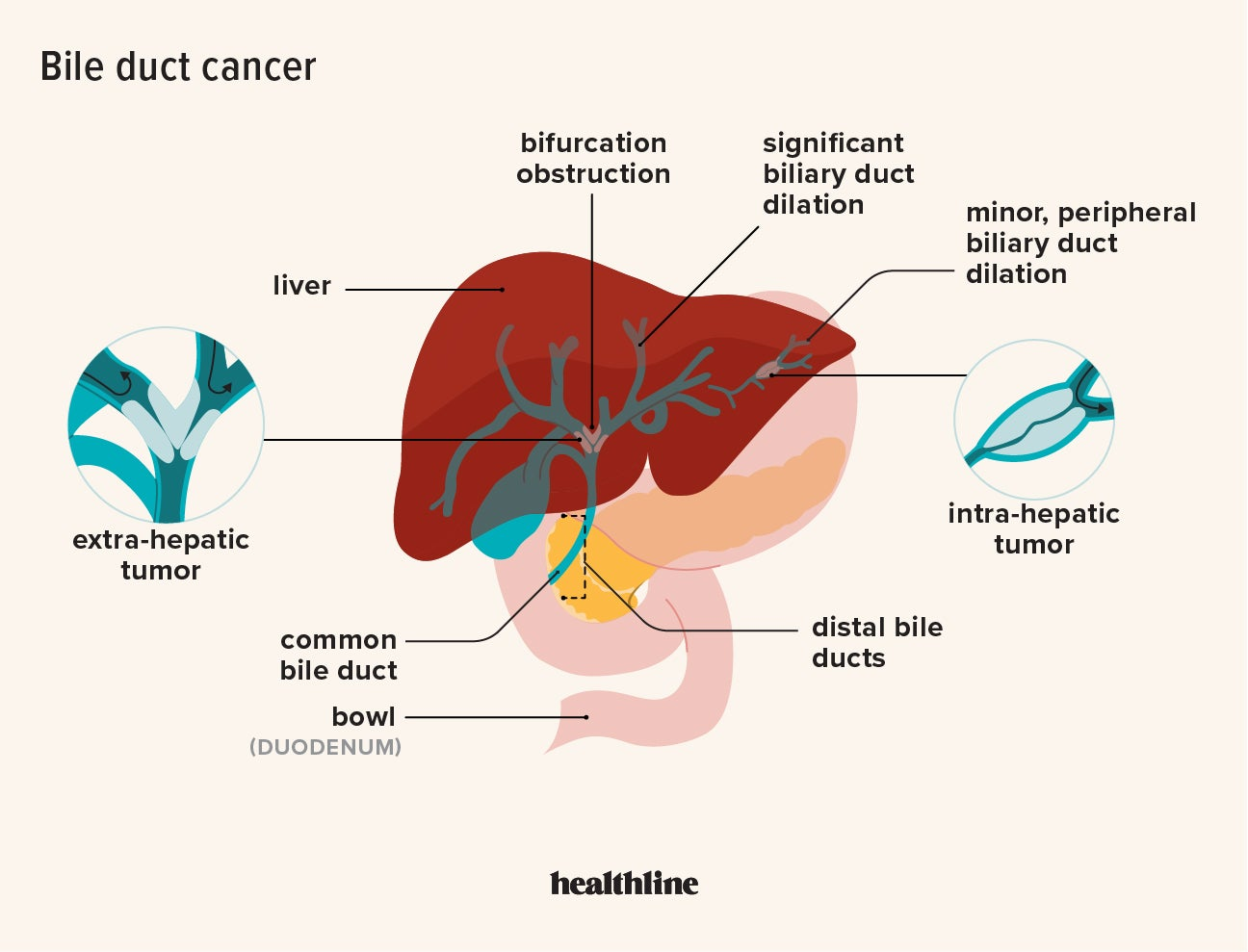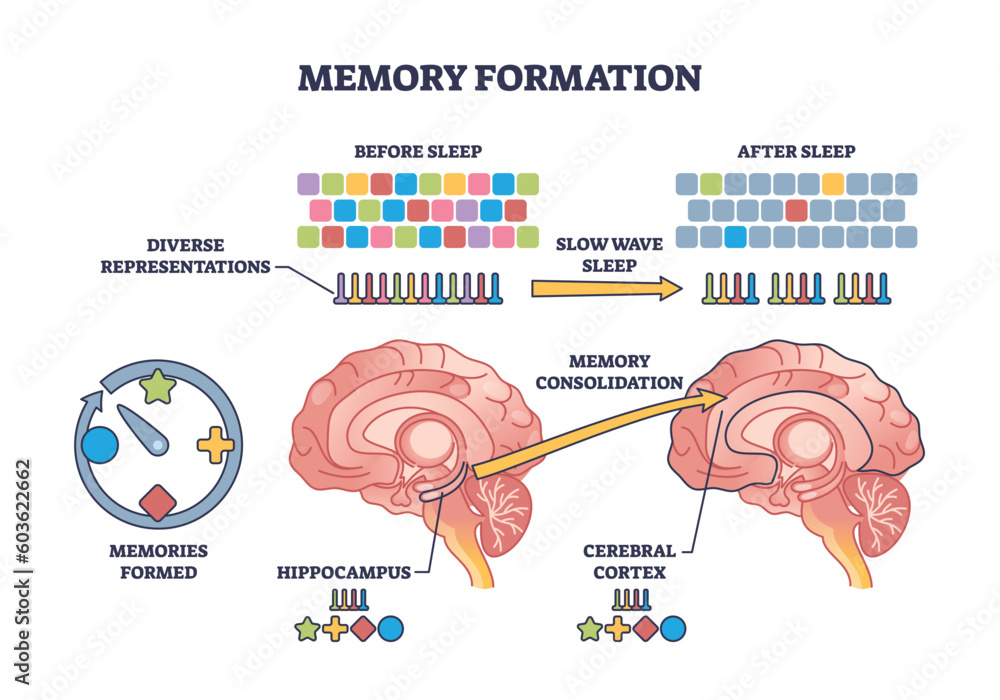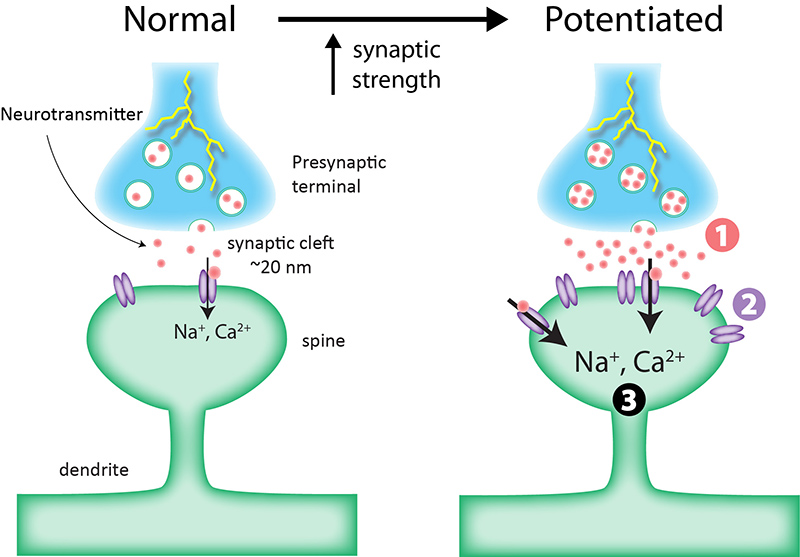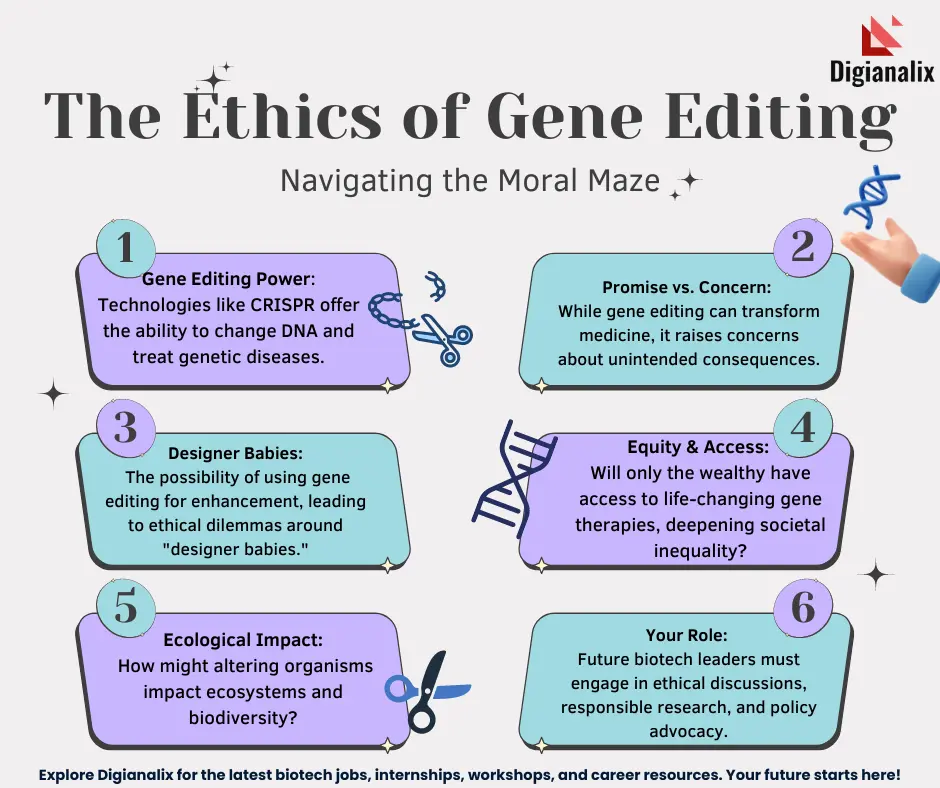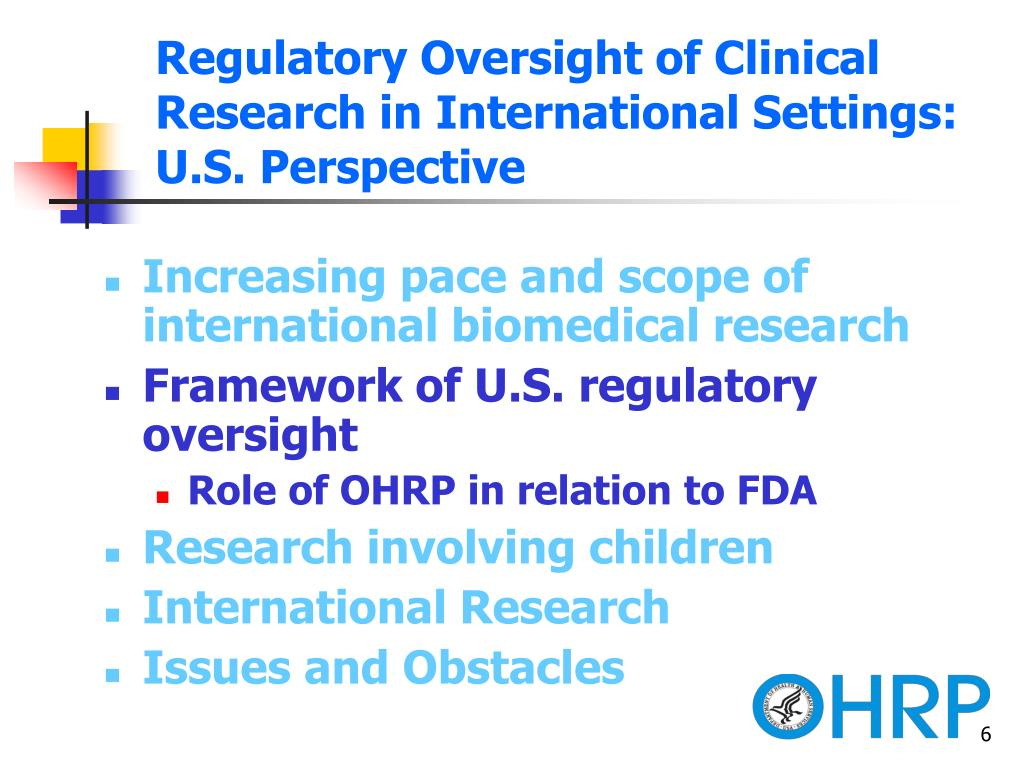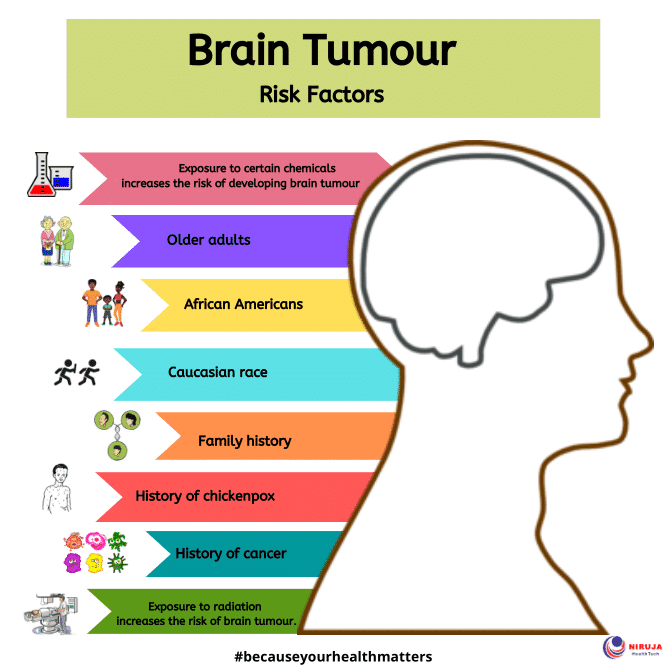
Risk factors for brain diseases have become a significant focus of research, particularly as the global population ages. A study conducted by researchers at Mass General Brigham has identified 17 key modifiable risk factors that can significantly influence the onset of age-related brain diseases such as stroke and dementia. These factors, which include high blood pressure, poor diet, and smoking, not only raise the risk of developing these conditions but also highlight the potential for stroke prevention and early intervention. By understanding and altering these risk factors, individuals can improve their Brain Care Score and enhance their overall quality of life. As awareness grows, addressing these dementia risk factors becomes crucial for effective brain health management in aging populations.
The emergence of prevalent cognitive disorders has prompted an examination of their underlying risk determinants, often referred to as contributors or predictors of brain health decline. Recent findings shed light on critical elements that not only denote the likelihood of developing debilitating conditions like dementia or stroke but also underscore the significance of prevention strategies. By identifying and addressing these shared risk elements, including lifestyle choices and medical conditions, individuals stand a better chance of maintaining cognitive health into older age. These insights encourage proactive engagement in health measures aimed at mitigating disease risk and enhancing overall brain function, representing a vital step in comprehensive healthcare.
Understanding Age-Related Brain Diseases
Age-related brain diseases encompass a range of cognitive and neurological disorders that typically emerge as individuals grow older. Prominent among these are stroke, dementia, and late-life depression, all of which share common risk factors that can significantly influence their onset and progression. As the population ages, understanding these conditions is crucial not only for effective treatment but also for implementing preventive strategies that can alter an individual’s health trajectory.
The interplay between these diseases is complex, as one condition may increase the likelihood of developing another. For instance, a stroke can lead to cognitive impairment and, subsequently, dementia. Similarly, individuals grappling with dementia might experience higher levels of depression due to their cognitive decline. Recognizing and addressing these interconnections is vital for enhancing overall brain health in aging populations.
Key Modifiable Risk Factors for Brain Health
Recent research conducted by scientists at Mass General Brigham has identified 17 modifiable risk factors that substantially impact brain health. These factors range from lifestyle choices such as diet, physical activity, and smoking to health metrics like blood pressure and cholesterol levels. Among these, managing blood pressure stands out as particularly crucial, as high blood pressure is a prevalent risk factor in both stroke and dementia.
Moreover, addressing these modifiable risk factors can lead to significant health improvements. For instance, adopting a healthier diet and increasing physical activity not only bolster cardiovascular health but also contribute to lower risks of developing dementia or experiencing a stroke. By focusing on these common risk factors, healthcare providers and individuals can develop comprehensive prevention strategies that target multiple age-related brain diseases.
The Role of the Brain Care Score
The Brain Care Score, developed by researchers at Mass General Brigham, serves as an innovative tool designed to assess and guide individuals in making lifestyle changes that enhance brain health. This score integrates findings from recent studies that highlight the importance of modifying specific risk factors to mitigate the onset of dementia, stroke, and late-life depression. By providing a quantifiable measure of brain health, the Brain Care Score empowers individuals to take proactive steps toward better cognitive functioning.
Moreover, this tool reflects the latest scientific evidence, emphasizing the interconnected nature of various risk factors. The Brain Care Score can guide users through personalized recommendations that promote healthier living, thus addressing modifiable risk factors. It represents a significant step forward in public health initiatives aimed at preventing age-related brain diseases, as it not only raises awareness but also motivates individuals to engage in risk-reducing behaviors.
The Importance of Physical Activity for Cognitive Health
Engaging in regular physical activity is one of the key recommendations for improving cognitive health and mitigating the risks associated with age-related brain diseases. Studies have shown that individuals who lead active lifestyles are better protected against the onset of dementia and stroke. Physical activity helps to maintain healthy blood pressure levels and improves overall cardiovascular health, which is directly linked to brain function.
Additionally, the benefits of physical activity extend beyond just the physical; they also encompass emotional and cognitive well-being. Activities that promote social engagement, such as group classes or team sports, can significantly decrease feelings of isolation and depression, which are risk factors for cognitive decline. Incorporating physical activity into daily routines is a practical strategy that can yield substantial health dividends for aging populations.
Dietary Choices and Brain Disease Prevention
Diet plays a critical role in the prevention of age-related brain diseases, with certain eating patterns being linked to better cognitive health outcomes. A diet rich in fruits, vegetables, whole grains, and lean proteins can significantly lower the risks associated with stroke and dementia. For instance, diets like the Mediterranean diet, which emphasize heart-healthy fats and plant-based foods, have been shown to provide protective benefits for brain health.
Conversely, poor dietary choices, including high intake of processed foods and sugars, can lead to obesity, diabetes, and elevated cholesterol, all of which contribute to increased risks for cognitive decline. As such, it is imperative for individuals to adopt dietary practices that prioritize brain health, potentially using recommendations from health professionals to create individualized meal plans aimed at reducing modifiable risk factors.
Social Engagement: A Buffer Against Cognitive Decline
Social engagement is a powerful modifiable risk factor associated with cognitive health. Research indicates that individuals who maintain strong social ties and engage regularly in social activities are less likely to experience depression and cognitive decline. Interactions with friends, family, and community members provide emotional support and stimulate cognitive functions, which are critical as one ages.
Moreover, social engagements can alleviate feelings of loneliness, which is a significant predictor of both depression and dementia. Programs aimed at increasing social activities among older adults, such as community centers and group outings, can be instrumental in enhancing quality of life and cognitive resilience. Emphasizing the importance of maintaining social connections is an effective approach in the broader strategy of addressing age-related brain diseases.
Stress Management Techniques for Cognitive Health
Chronic stress has been identified as a significant risk factor for developing age-related brain diseases, including stroke and dementia. When the body is under constant stress, it can lead to elevated levels of cortisol, which may damage brain cells over time. Consequently, implementing stress management techniques is crucial for preserving cognitive health in aging populations.
Methods such as mindfulness meditation, yoga, and deep-breathing exercises have been shown to effectively reduce stress levels. These practices not only enhance mental well-being but also have positive effects on physical health, further mitigating the risks associated with brain diseases. By promoting stress reduction strategies, health practitioners can help individuals improve their overall quality of life and lower their risk of cognitive decline.
Understanding the Link Between Depression and Brain Disease
Depression is not only a common mental health condition but also a significant risk factor for cognitive decline, particularly in the elderly. It is closely linked to both dementia and stroke, as untreated depression can exacerbate cognitive impairments and diminish quality of life. Acknowledging the interconnectedness of these conditions is vital for developing effective prevention and treatment strategies.
Providing support for those experiencing depression, through therapy or medication, is essential in mitigating the risk of developing related cognitive disorders. Furthermore, community-based interventions that address social isolation and encourage engagement in meaningful activities can also contribute to reducing depression in older adults. These efforts are crucial for improving overall brain health and supporting individuals at risk for age-related brain diseases.
The Burden of Obesity on Brain Health
Obesity has emerged as a significant modifiable risk factor for a variety of health conditions, including age-related brain diseases such as stroke and dementia. Excess weight can lead to higher blood pressure, elevated cholesterol, and diabetes, all of which are recognized contributors to cognitive decline. Addressing obesity through lifestyle changes can therefore play a critical role in protecting brain health.
Programs aimed at weight reduction, focusing on a combination of diet and increased physical activity, can have a profound impact on overall health outcomes. Successful weight management not only enhances physical health but also promotes better cognitive functions, ultimately leading to a reduction in the incidence of stroke, dementia, and depression. Encouraging healthy weight practices is an essential step in creating a comprehensive strategy for preventing age-related brain diseases.
Frequently Asked Questions
What are the main modifiable risk factors for age-related brain diseases?
Researchers have identified 17 modifiable risk factors that can reduce the risk of age-related brain diseases like stroke, dementia, and depression. These include high blood pressure, diabetes, obesity, smoking, alcohol consumption, poor diet, and physical inactivity. Addressing these risk factors through lifestyle changes can positively impact your brain health.
How does high blood pressure contribute to dementia risk factors?
High blood pressure is one of the most significant dementia risk factors. It can lead to brain damage over time, increasing the likelihood of cognitive decline and dementia. By managing blood pressure through diet, exercise, and medication, individuals can potentially reduce their risk of developing dementia.
Can lifestyle changes lower the risk of stroke and dementia simultaneously?
Yes, many lifestyle modifications can simultaneously lower the risk of stroke and dementia by addressing shared risk factors. For instance, improving diet, increasing physical activity, and managing stress can benefit both conditions. The study emphasizes that modifying one factor can significantly reduce the likelihood of developing multiple age-related brain diseases.
What role does the Brain Care Score play in managing dementia risk factors?
The Brain Care Score is a tool developed by researchers to assess and guide efforts in protecting brain health. It incorporates the latest findings on modifiable risk factors for age-related brain diseases, helping individuals and healthcare providers identify areas for improvement to reduce the risk of stroke, dementia, and depression.
How do social engagement levels affect the risk of age-related brain diseases?
Low levels of social engagement have been linked to an increased risk of depression and dementia. Engaging socially stimulates cognitive function and emotional well-being, thus playing a protective role against age-related brain diseases. Maintaining social connections is vital for brain health.
What is the connection between diabetes and stroke prevention in relation to brain diseases?
Diabetes is a significant risk factor for stroke and various brain diseases, including dementia and depression. Effective management of blood sugar levels through diet, exercise, and medication can help minimize the risk of these conditions, highlighting the importance of stroke prevention measures that address diabetes.
How does physical activity influence dementia risk factors?
Physical activity has a protective effect against dementia risk factors. Regular exercise improves blood circulation, reduces stress, and enhances overall well-being, which can help prevent cognitive decline associated with age-related brain diseases. Incorporating physical activity into daily routines is essential for brain health.
What impact does alcohol consumption have on age-related brain diseases?
Excessive alcohol consumption is linked to an increased risk of stroke, dementia, and late-life depression. Reducing alcohol intake can lower these risks, highlighting the importance of moderation in alcohol consumption for maintaining brain health.
Why is it important to address multiple risk factors for brain care?
Addressing multiple risk factors is crucial because many age-related brain diseases share common contributors. By targeting several modifiable risk factors at once—such as diet, exercise, and stress management—individuals can significantly reduce their overall risk of developing stroke, dementia, and depression.
What strategies can improve quality of life by managing dementia risk factors?
Strategies to improve quality of life while managing dementia risk factors include adopting a balanced diet, staying physically active, engaging in social activities, improving sleep quality, and reducing stress. These lifestyle adjustments not only lower the risk of dementia but also enhance overall mental health and well-being.
| Risk Factor | Associated Conditions | Impact Level |
|---|---|---|
| Diabetes | Stroke, Dementia, Depression | Moderate to High |
| High Blood Pressure | Stroke, Dementia, Depression | High |
| Kidney Disease | Stroke, Dementia, Depression | High |
| Fasting Plasma Glucose | Stroke, Dementia | Moderate |
| Total Cholesterol | Stroke, Dementia | Moderate |
| Alcohol Use | Stroke, Dementia, Depression | Moderate to High |
| Diet | Stroke, Dementia, Depression | Moderate |
| Hearing Loss | Dementia | Moderate |
| Pain | Depression | Moderate |
| Physical Activity | Stroke, Dementia, Depression | High (protective) |
| Purpose in Life | Depression | Moderate |
| Sleep | Depression | Moderate |
| Smoking | Stroke, Dementia, Depression | High |
| Social Engagement | Depression | Moderate |
| Stress | Depression | Moderate |
| Untreated Depression | Other Conditions | High |
| Obesity | Stroke, Dementia, Depression | High |
Summary
Risk factors for brain diseases can significantly influence the onset and progression of conditions such as stroke, dementia, and late-life depression. Understanding these risk factors is crucial for preventive health measures. Research indicates that by modifying certain lifestyle factors, such as blood pressure and physical activity, individuals can lower their risk for multiple age-related brain diseases. Implementing strategies based on the findings of the Mass General Brigham study could lead to improved brain health and quality of life.

